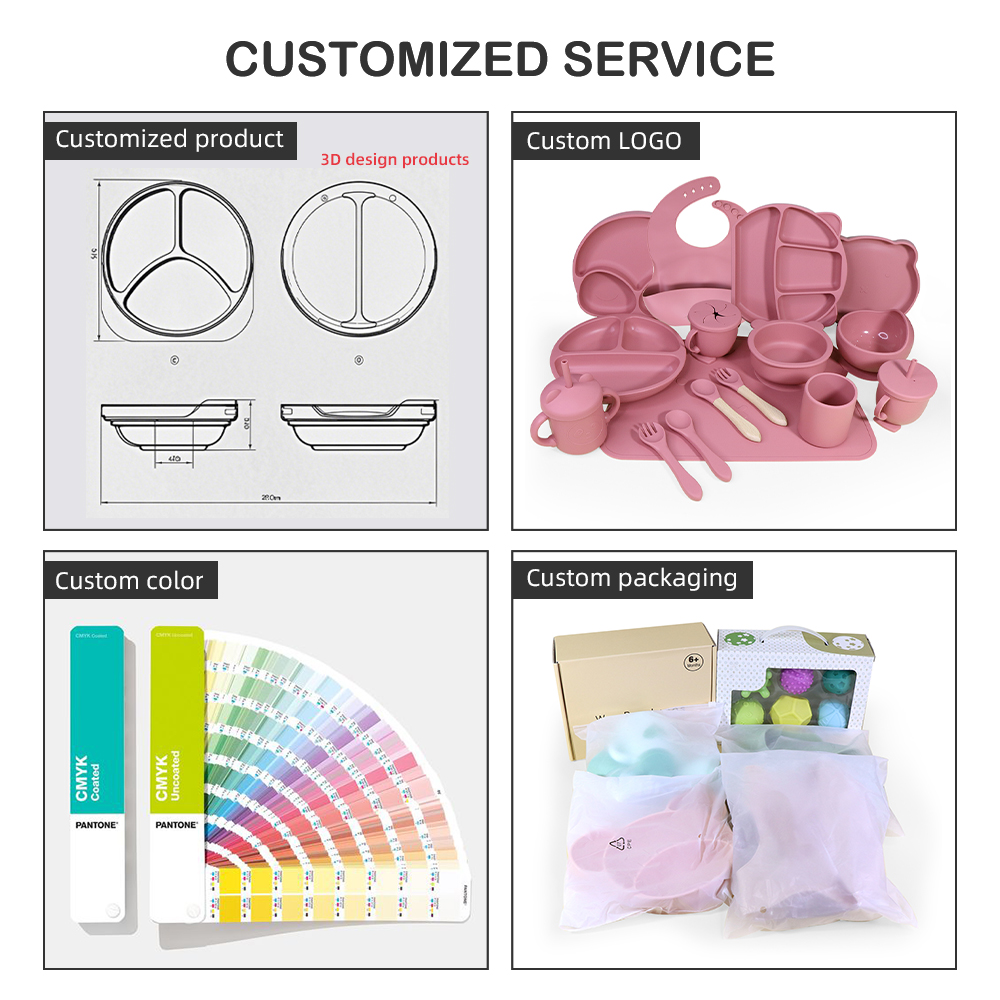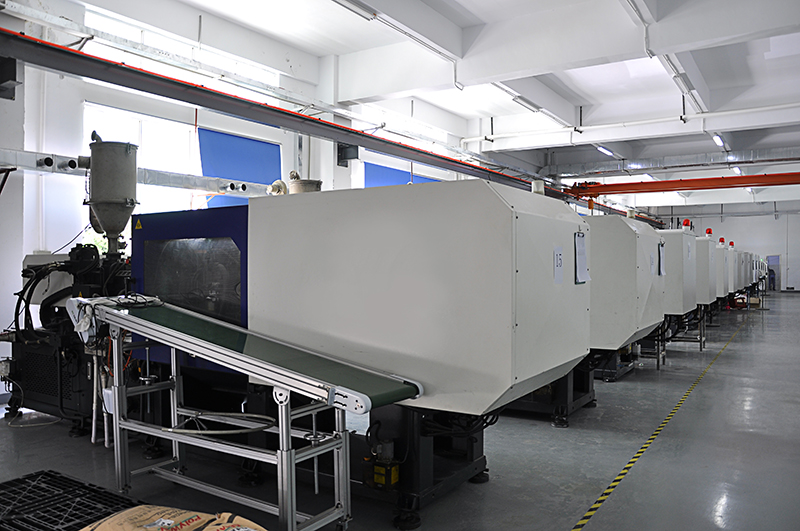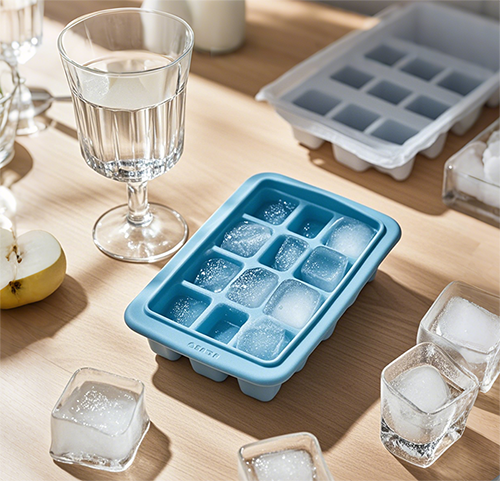Inhalt
Vorteile von Silikongeschirr
Silikongeschirr ist bekannt für seine Hitzestabilität, Flexibilität und Haltbarkeit. Es kann Temperaturen von bis zu 400°F standhalten und ist damit ideal für das Kochen bei großer Hitze und das Einfrieren von Resten. Die Flexibilität des Materials sorgt dafür, dass es bei Stürzen und Stößen nicht beschädigt wird, und seine Zersetzung in große Stücke verringert das Risiko von Umweltschäden. Außerdem ist Silikongeschirr eine gesündere Alternative zu herkömmlichem Antihaft-Kochgeschirr, da es keine perfluorierten Chemikalien (PFAS) enthält, die für die Umwelt und die menschliche Gesundheit schädlich sein können.

Zielmarkt-Analyse
Nach Angaben von QY Research verzeichnet der Weltmarkt für Silikongeschirr ein beträchtliches Wachstum mit einer prognostizierten CAGR von 13,6% zwischen 2024 und 2030 und erreicht damit eine Marktgröße von $20,1 Milliarden. Der asiatisch-pazifische Raum, mit Ausnahme von China, wird voraussichtlich am schnellsten wachsen, was auf ein beträchtliches Potenzial für unsere Silikonfabrik zur Erschließung aufstrebender Märkte hinweist. Unser Fokus auf den Großhandel stellt sicher, dass wir Einzelhändler, Distributoren, Markeninhaber und Supermärkte beliefern, die hochwertiges Silikongeschirr in großen Mengen suchen.
Produktserien und Anpassungsdienste
Als eine führende Silikonfabrik bieten wir eine vielfältige Produktserie an, die verschiedene Silikongeschirrartikel wie Teller, Schalen, Tassen und Besteck umfasst. Unser Anpassungsdienstleistungen ermöglichen es unseren Kunden, die gewünschten Farben, Formen, Größen und Verpackungen zu spezifizieren, um sicherzustellen, dass jede Bestellung ihren individuellen Anforderungen an Markenbildung und Funktionalität entspricht. Mit niedrigen Mindestbestellmengen und kostenlosen Designentwürfen unterstützen wir OEM- und ODM-Dienstleistungen, was uns zu einem flexiblen Partner für Großhandelskunden macht.

Verbrauchernutzen und Vergleich mit herkömmlichem Geschirr
Aus Sicht der Verbraucher, Silikon-Geschirr bietet mehrere Vorteile gegenüber herkömmlichem Geschirr. Es ist leicht, einfach zu reinigen und geruchsresistent, was es zu einer beliebten Wahl für die Verwendung im Innen- und Außenbereich macht. Seine rutschfesten Eigenschaften und die leuchtenden Farben machen es für Familien mit Kindern besonders attraktiv. Im Vergleich zu herkömmlichen Materialien ist Silikon haltbarer und weniger bruchanfällig, was einen langfristigen Wert darstellt. Außerdem erleichtert die porenfreie Oberfläche von Silikon die Hygiene und verhindert das Wachstum von Bakterien.

Vorteile der Lieferkette und Logistik
Unser Silikonwerk verfügt über eine robuste Lieferkette mit kompletten Produktionslinien, vom Formenbau bis zum Versand, die einen reibungslosen Ablauf von der Bestellung bis zur Lieferung gewährleisten. Wir verfügen über ein eigenes Prüflabor, um die Produktqualität zu gewährleisten, und haben verschiedene internationale Zertifizierungen erhalten, darunter ISO 9001 und CE. Zu unseren logistischen Vorteilen gehören effiziente Vorlaufzeiten: Muster sind innerhalb von 3 Arbeitstagen und Massenware innerhalb von 25 Tagen verfügbar, was uns zu einer wettbewerbsfähigen Wahl für Großhandelskunden macht, die pünktliche Lieferungen benötigen.

Industrienormen und Zertifizierungen
Die Einhaltung von Industriestandards ist in der Silikongeschirrindustrie von entscheidender Bedeutung. Unsere Produkte erfüllen die internationalen Sicherheits- und Qualitätsanforderungen, wie z. B. die FDA CFR 21 Teile 175-189 und die REACH-Vorschriften in Europa. Wir stellen sicher, dass unser Silikongeschirr alle erforderlichen Normen für den Kontakt mit Lebensmitteln erfüllt. Das gibt unseren Kunden Sicherheit und hilft ihnen, mögliche Rückrufaktionen zu vermeiden und das Vertrauen in ihre Produkte zu erhalten.
Branchendynamik und Zukunftsaussichten
Die Silikongeschirrindustrie entwickelt sich ständig weiter und setzt auf Innovation und Nachhaltigkeit. Als ein SilikonfabrikWir sind bestrebt, an der Spitze dieser Trends zu bleiben und Produkte anzubieten, die nicht nur den aktuellen Anforderungen entsprechen, sondern sich auch an zukünftige Marktveränderungen anpassen. Das Umweltbewusstsein der Menschen nimmt zu, und die wachsende Nachfrage nach nachhaltigen Produkten positioniert Silikongeschirr als umweltfreundlichen Ersatz für traditionelle Materialien. Es wird davon ausgegangen, dass die langfristige Marktnachfrage nach unseren Angeboten weiter zunehmen wird.
Zusammenfassend lässt sich sagen, dass die Vielseitigkeit, Haltbarkeit und Sicherheit von Silikongeschirr es zu einem idealen Produkt für den Großhandelsmarkt machen. Als Silikonfabrik sind wir bestrebt, unseren Kunden Produkte von höchster Qualität zu liefern, die auf ihre spezifischen Bedürfnisse zugeschnitten sind und durch unser Engagement für Industriestandards und kontinuierliche Innovation unterstützt werden.


